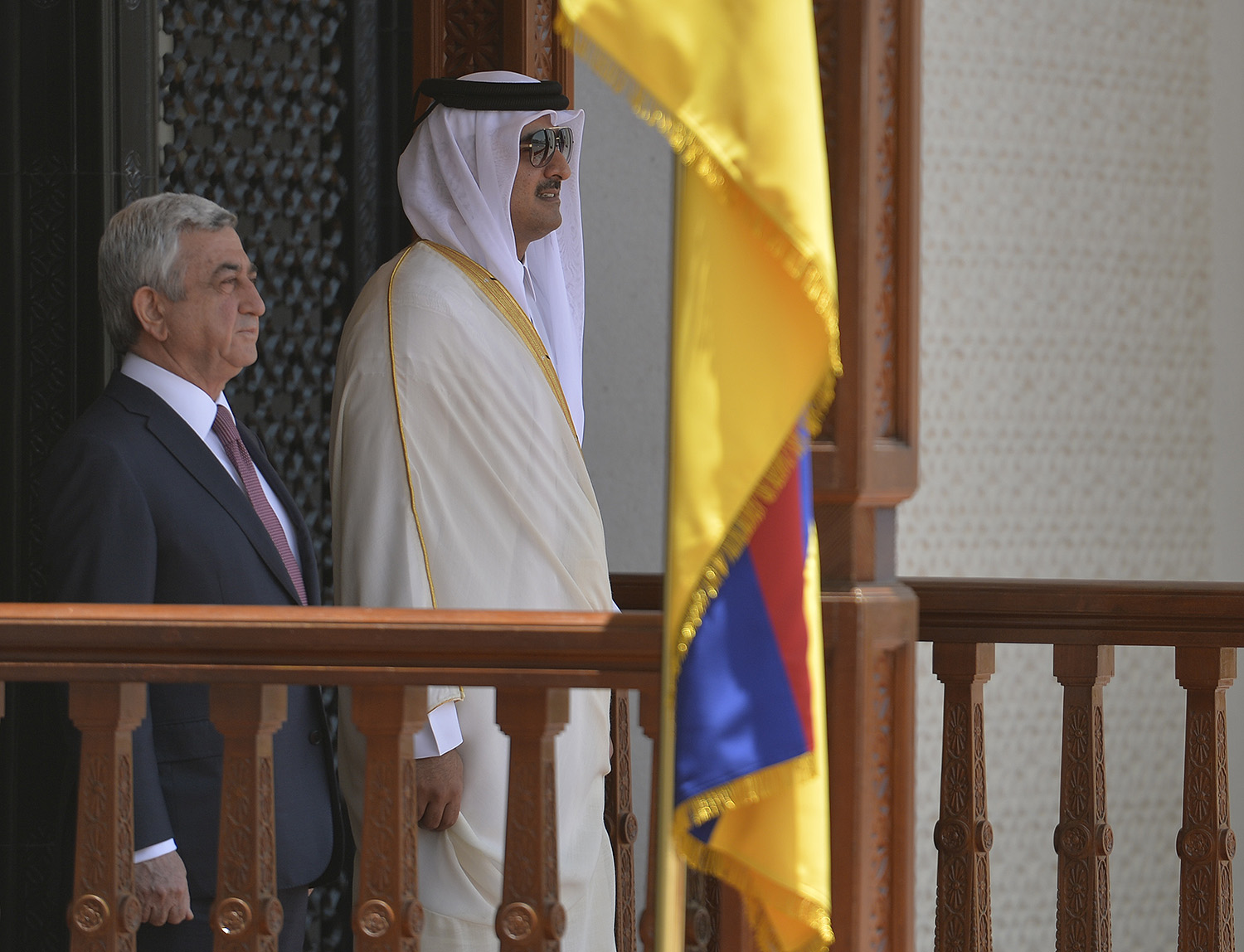The Protocols Being “Null and Void” Following parliamentary elections in Turkey, draft laws submitted to the Parliament in the former period but not enacted are withdrawn due to fulfilling its time (becoming null and void). If the new Government finds them appropriate, it can submit them again to the Parliament. This practice which is just a procedure has been interpreted within the extreme nationalist press of Armenia and the Diaspora as the Protocols being denunciated or abrogated by Turkey. As known, after a long period of negotiations, Turkey and Armenia had signed two protocols in Zurich on 10 October 2009 which established diplomatic relations and determined the areas of cooperation. Just as all international agreements, it was necessary for these protocols to be ratified by the parliaments of both countries. Turkey linked this ratification to positive developments taking place within the Karabakh conflict. On the other hand, while Armenia strongly opposed this, the Armenian Constitutional Court, by issuing a declaration, attempted to change the meanings of the articles of the protocols related to the study of the genocide allegations and to the recognition of the border between the countries. Although Turkey opposed this, it maintained the Protocols on the agenda of the Turkish Grand National Assembly. However, Armenia temporarily withdrew the Protocols from its Parliament’s agenda until Turkey’s ratification without preconditions; in other words, until it gave up on linking the Protocols to the resolution of the Karabakh conflict. Therefore, despite the Protocols losing significance, with the Dashnaks being at the forefront, nationalist circles in Armenia or the Diaspora insisted on Armenia to completely reject the Protocols. This approach arises because these circles, hostile towards the Turks and Turkey, regard the Protocols which aim at normalizing the two countries’ relations as highly dangerous for their future. When the Protocols have become null and void, in Turkey due to parliamentary elections, this situation has been presented as if Turkey has abolished the Protocols and has called on Armenia to do the same. Meanwhile, considering these negative developments, an important question is whether it is necessary for Turkey to send the protocols back to the Turkish Grand National Assembly. Despite the Protocols being vague on some points, it is the only text being signed between the two countries since the Kars Treaty of October 1921. Furthermore, their purpose is to establish normal relations between Turkey and Armenia and to achieve cooperation between them. From this aspect, the Protocols are important documents and it will be beneficial to both sides that they enter into force. However, as mentioned above, with a decision on 12 January 2010, the Armenian Constitutional court has attempted to change the content of the Protocols with its interpretations on the points of opening the genocide allegations to discussion and the border between the two countries being determined. Yet, the decision of the Armenian Constitutional Court is not binding for Turkey. For Turkey, whatever the text of the Protocols expresses is only valid. Thus, when the political conditions become appropriate; in other words, when significant developments are achieved within the Karabakh conflict, ratifying the protocols and eliminating the uncertainties mentioned above during implementation should be preferred to regarding the protocols as null and void and negotiating new protocols in the future. On the other hand, Turkey should first refrain from any decision which would give the impression that it has abandoned the protocols. From this point of view, it is suitable to submit the Protocols to the Parliament again. The final development concerning the Protocols is the speech delivered by President Sarkisian on 30 August 2011 to the Ambassadors of Armenia convened in Yerevan. Sarkisian has said that the Turkish Side needs to understand that the protocols are not an open-ended and perpetual opportunity, many of their friends advised them to wait until the parliamentary elections in Turkey and thus, during the coming months they will see whether there are changes in Turkey, although the past two months do not inspire optimism and that only afterward they will decide on their future steps. In short, Sarkisian has expressed that they have wanted to abolish the protocols, but upon the request of some countries (the US or perhaps Russia) they have not done this and have waited for the parliamentary elections in Turkey, but that if Turkey does not change its stance and continue to link the Protocols to the Karabakh conflict, then they could abandon the protocols. President Sarkisian’s attitude as if he has not given much importance to the protocols is deriving from internal political calculations. In case of the Protocols being ratified by Turkey in a rather short time and the Turkish border being opened, this situation will be to the advantage of Sarkisian in the upcoming presidential elections. On the contrary, if elections are held without the Protocols being ratified by Turkey, this could leave President Sarkisian in a difficult situation. Therefore, it could be expected for Sarkisian to declare the Protocols as null and void in the near future anyway before the Parliamentary or Presidential elections. As will be explained below, although there is approximately one and a half years until the presidential elections, Armenia has also entered an atmosphere as if the elections are near. During this period, in principle, it is difficult to expect from Armenia to take constructive steps concerning Karabakh and relations with Turkey since it will be interpreted as if Armenia has made concessions. Tomorrow we will address the question of whether President Kocharyan rejected the proposal of a Commission of Historians and President Sarkisian accepted it.
© 2009-2025 Center for Eurasian Studies (AVİM) All Rights Reserved
CHURCH PROPERTIES AND THE AMERICAN CONGRESS
AVİM HELD A MEETING ENTITLED “TURKISH-ARMENIAN QUESTION: IN THE LIGHT OF THE HEARING OF PERINÇEK v. SWITZERLAND CASE ON JANUARY 28TH”
 THE IMPORTANCE of the NEW SILK ROAD on TRADE
THE IMPORTANCE of the NEW SILK ROAD on TRADE
 ARMENIA ON IRAN’S PATH TO THE GULF
ARMENIA ON IRAN’S PATH TO THE GULF




























